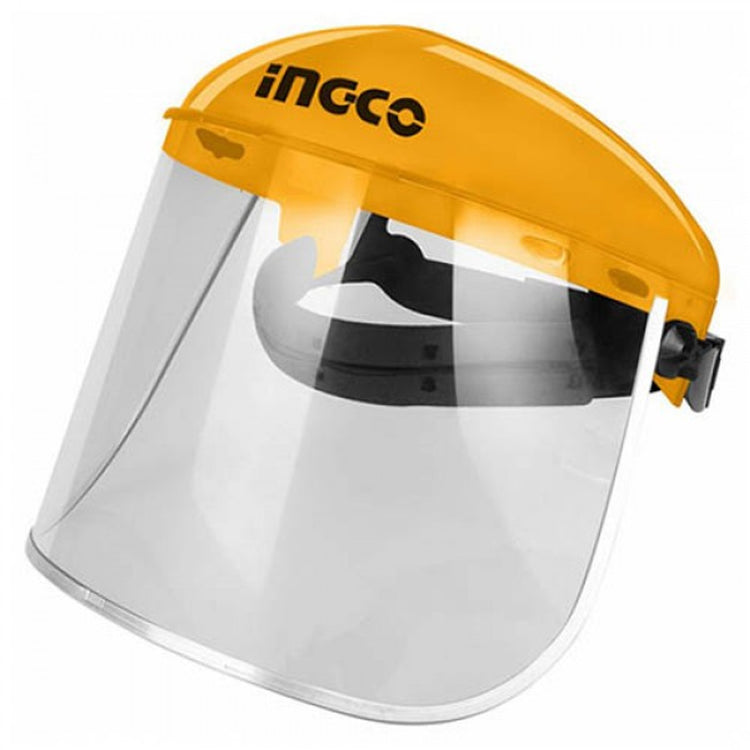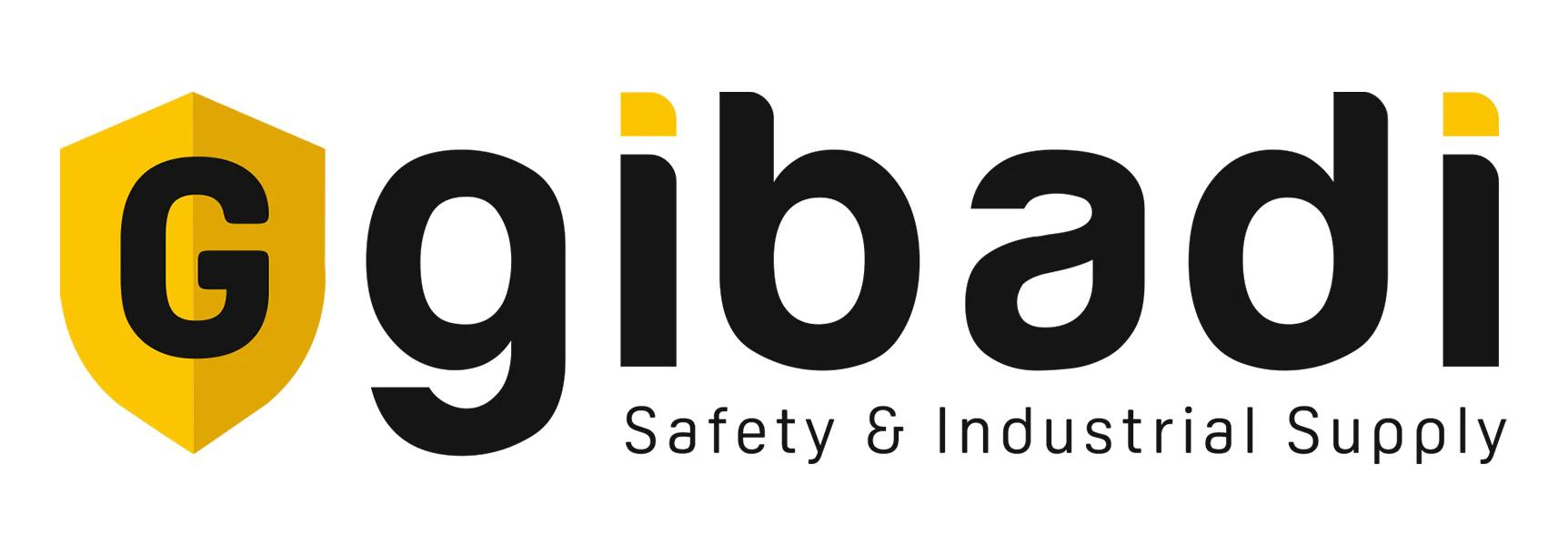
Gibadi.com is the distributor and supplier of Ingco Tools and equipment in Nigeria. Our Face Shield INGCO HFSPCO1 is a device used to protect a wearer's face from hazards such as flying objects, debris or chemical splashes.
Face Shield INGCO HFSPCO1 :
Type: Face Shield
Material: Polycarbonate
Color: Yellow
Impact Resistant PC Visor & Antibacterial sweatband
Brim Protects Forehead from Outside Injury
Headgear with Adjustable Knobs
Contact us we have products available in all our stores nationwide.
Contact us urgently for deliveries in your region check out our list of locations to buy face shield
Face shield must be worn for optimal protection, the shield should extend below the chin anteriorly, to the ears laterally, and there should be no exposed gap between the forehead and the shield’s headpiece. Face shields require no special materials for fabrication and production lines can be repurposed fairly rapidly. Numerous companies, including Apple, Nike, GM, and John Deere, have all started producing face shields. These shields can be made from materials found in craft or office supply stores. Thus, availability of face shields is currently greater than that of medical masks.
Face shields offer a number of advantages. While medical masks have limited durability and little potential for reprocessing, face shields can be reused indefinitely and are easily cleaned with soap and water, or common household disinfectants. They are comfortable to wear, protect the portals of viral entry, and reduce the potential for autoinoculation by preventing the wearer from touching their face. People wearing medical masks often have to remove them to communicate with others around them; this is not necessary with face shields. The use of a face shield is also a reminder to maintain social distancing, but allows visibility of facial expressions and lip movements for speech perception.
Most important, face shields appear to significantly reduce the amount of inhalation exposure to influenza virus, another droplet-spread respiratory virus. In a simulation study, face shields were shown to reduce immediate viral exposure by 96% when worn by a simulated health care worker within 18 inches of a cough. Even after 30 minutes, the protective effect exceeded 80% and face shields blocked 68% of small particle aerosols, which are not thought to be a dominant mode of transmission of SARS-CoV-2. When the study was repeated at the currently recommended physical distancing distance of 6 feet, face shields reduced inhaled virus by 92%, similar to distancing alone, which reinforces the importance of physical distancing in preventing viral respiratory infections. Of note, no studies have evaluated the effects or potential benefits of face shields on source control, ie, containing a sneeze or cough, when worn by asymptomatic or symptomatic infected persons. However, with efficacy ranges of 68% to 96% for a single face shield, it is likely that adding source control would only improve efficacy, and studies should be completed quickly to evaluate this.
Face shields, which can be quickly and affordably produced and distributed, should be included as part of strategies to safely and significantly reduce transmission in the community setting. Now is the time for adoption of this practical intervention. Gibadi.com is ready to be part of this intervention

Gibadi.com is the Nigeria’s number one online marketplace for all industrial supplies at best prices.
and receive 10% coupon for first shopping

TO ADD MULTIPLE ITEMS TO YOUR QUOTE, PLEASE FILL QTY FIELD THEN CLICK ON "ADD TO QUOTE"










